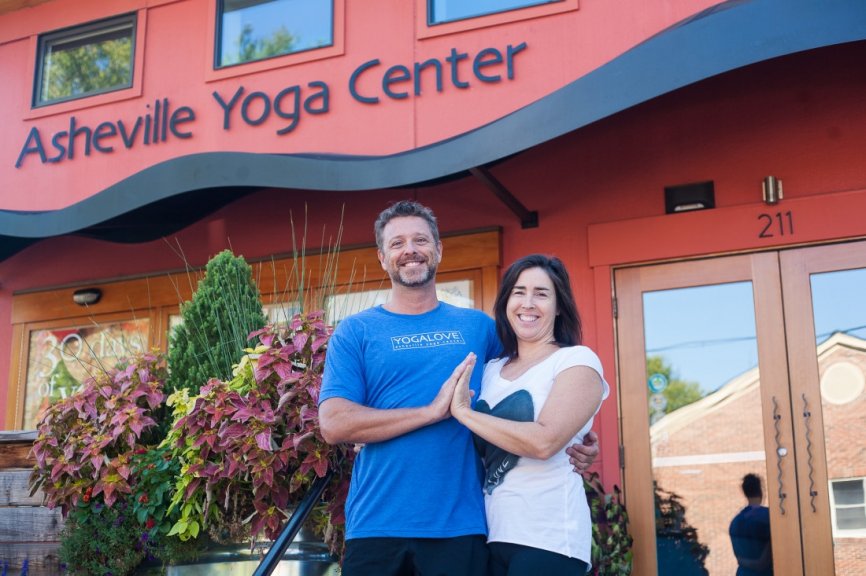I'm A Neuroscientist: Do This First Thing In The Morning For A Healthier Brain
It only takes a couple of minutes.


mbg Assistant Beauty Editor
mbg Assistant Beauty Editor
Hannah Frye is the Assistant Beauty Editor at mindbodygreen. She has a B.S. in journalism and a minor in women’s, gender, and queer studies from California Polytechnic State University, San Luis Obispo. Hannah has written across lifestyle sections including health, wellness, sustainability, personal development, and more.
Image by Marta Locklear / Stocksy January 7, 2023 Our editors have independently chosen the products listed on this page. If you purchase something mentioned in this article, we may At any age and during any stage of life, you can enhance your brain health (it's never too late!). This transformation won’t happen overnight, but you can certainly get there with daily, intentional practices. Neuroscientist and author of The Source Tara Swart, M.D., Ph.D., certainly agrees: As she explains on the mindbodygreen podcast, small habits can alter your brain chemistry, and it starts first thing in the morning. To come, three ways to feed your brain every morning for a happier, healthier you—in 2023 and beyond. 
Advertisement
This ad is displayed using third party content and we do not control its accessibility features.
1. “When I wake up, the first thing I do, in my mind with my eyes still closed, is think, 'I love my silk pillowcase. I love my side-sleeping pillow. I love my mattress. I love my silk duvet. I love all my pets,” Swart explains. Essentially, she says, start the day with gratitude: Remind yourself how much you love little or even larger aspects of your life. You could also write down a list of what you're grateful for (depending on how much energy you have in the early hours of the day). Or you can even add a bit of structure to it, if you know that will help you stay committed to the practice. Rather than simply listing off what comes to mind, you may designate specific categories: Write, for example, one thing you love about your home, one thing you love about your personality, one thing you love about your friends or family, one thing you love about your job, one thing you love about your daily routine, and so on. For those who dread early morning wake-up calls, this practice might remind you that getting up (although it’s not always enjoyable) doesn’t have to be filled with dread. In fact, gratitude is associated with some pretty significant brain health benefits. 2. After the gratitude practice, Swart moves on to intentional breathing. “I always breathe into any areas of tension in my body,” she explains. She does this practice while in bed, but you can certainly do it sitting up as well. This method can help trigger full-body mindfulness. Think of it like a morning check-in with your entire physical being—where are you sore? Breathe into those areas. Where do you feel tight or stiff? Breathe again. Not only can intentional breathwork help ease mental and physical tension, but the practice can also pave the way for better focus: A 2018 study published in the journal Consciousness and Cognition1 found that breath-focused yoga boosted the attention span in participants. So if you have trouble focusing, try this mindful breathing exercise firs thing in the morning; you could also pair that practice with a focus- and memory-boosting supplement, if you feel so inclined. This ad is displayed using third party content and we do not control its accessibility features. 3. Finally, to increase your happiness, take a look at your vision board. If you already have one, great! If not, here's our full guide to making vision boards and how to use them. Essentially, "By repeatedly exposing your brain to these images, you’re priming it to not just notice but also grasp the opportunities that will take you closer to what you want,” Swart says. Better yet, look at those images right when you wake up: "There's a psychological phenomenon called the Tetris effect2, which says that the thing you look at last at night imprints on your subconscious more strongly than anything else during the day," she continues. "So I keep my physical action board next to my bed, so that I see it first thing in the morning and at night."Complete a quick gratitude practice.
Connect to your body and breath.
Advertisement
Look at your vision board.
The takeaway.
Whether your goal is to boost focus, increase happiness, or just maintain a healthy mind, these brain exercises are a great place to start. In the morning, practice gratitude, connect with your breath, and glance at your vision board if you have it. They may sound simple, but all of these combined will surely feed your brain health over time.
Advertisement
This ad is displayed using third party content and we do not control its accessibility features.

 Tekef
Tekef 



























![The Most Commonly Used Passwords [Infographic]](https://imgproxy.divecdn.com/6ARZVtli40OLhg3H5g06jpg3VjNIF30pM_NrHF_1DLM/g:ce/rs:fit:770:435/Z3M6Ly9kaXZlc2l0ZS1zdG9yYWdlL2RpdmVpbWFnZS9wYXNzd29yZF9pbmZvMi5wbmc=.webp)


